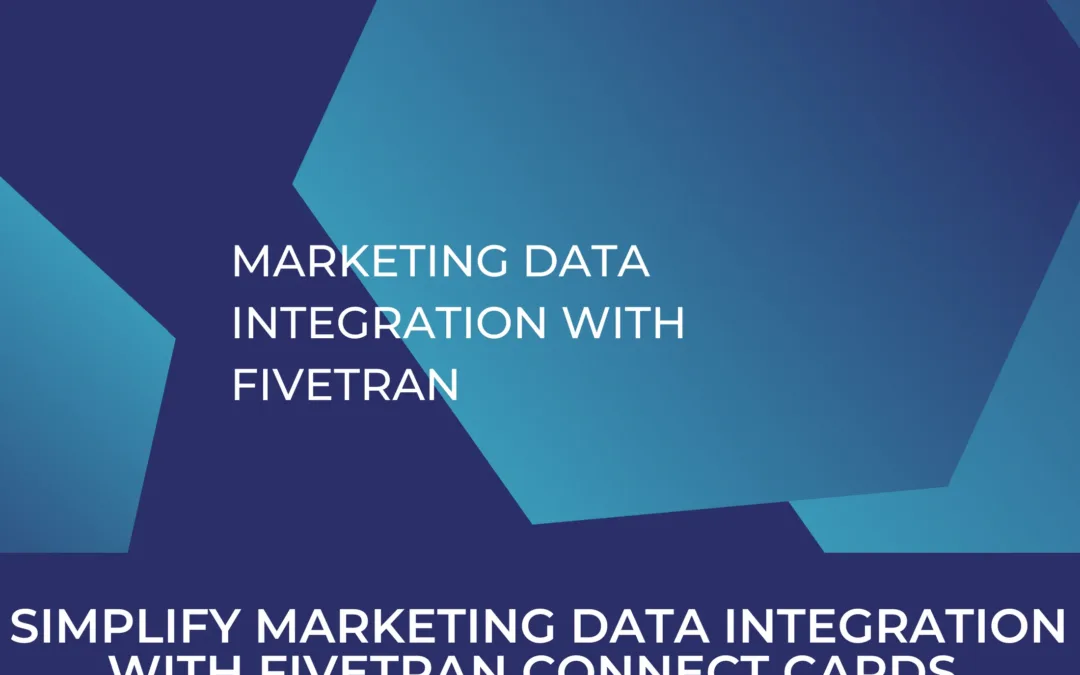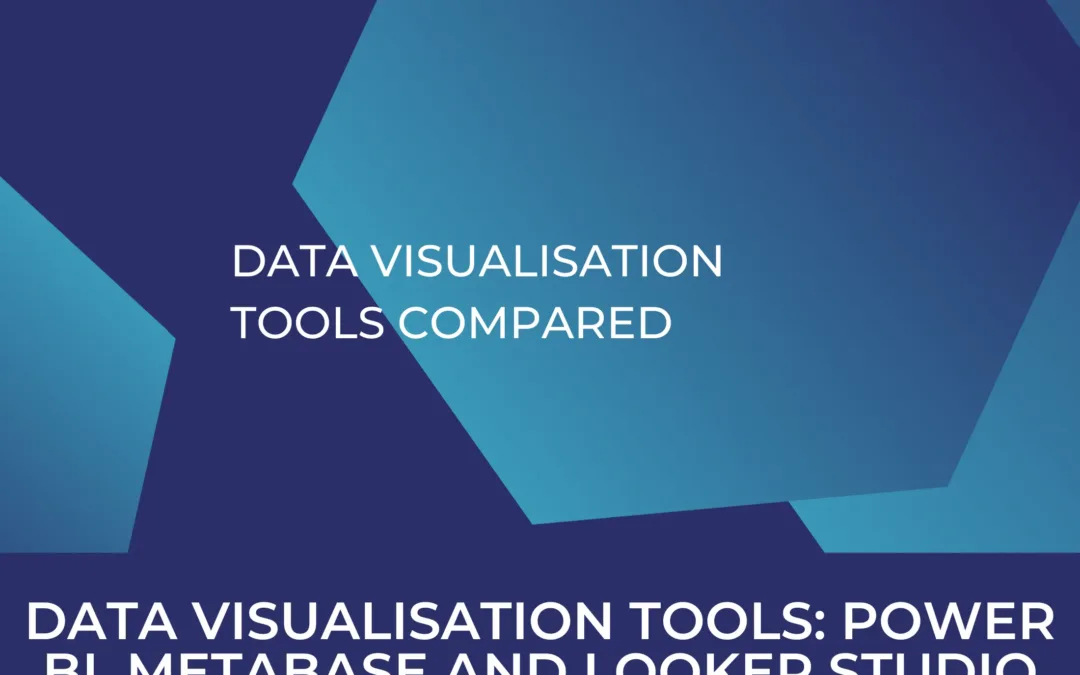OKRs for Business Intelligence
OKRs are an important tool for us at kemb for communication within the company, but often also a commitment with customers regarding the objectives of our projects. OKRs are very often used within the companies we advise, and so we are regularly asked for support regarding the definition of good OKRs. An area where it is regularly more difficult to find good OKRs is the area of ”business intelligence”. This post aims to provide some ideas on how to do this.
What is business intelligence?
I do not want to attempt an all-encompassing definition of business intelligence, but at least for the purposes of this post I want to delimit what I mean by it and what not. Business intelligence is the corporate function that aims to improve value creation from the data available to a company. Teams in the field of business intelligence are defined differently in different companies: the spectrum of business intelligence begins with the procurement and provision of data, the transformation for better usability and ends with visualization and, associated with this, in advising other teams on data interpretation. The majority of business intelligence teams in companies are within this range. Functionally, these teams are sometimes more dependent on the IT area or in business, there primarily on finance, and less often on the product. I don’t see any right or wrong here, every company will find an optimal position for itself and adapt it if necessary.
At this point, I want to differentiate business intelligence from other areas in the work with data. There is still a strong overlap with data science. The infrastructure provided by a business intelligence team is often the basis of your work for all “data employees”. The complex modeling of questions, and above all areas such as machine learning, natural language processing and all (other) areas of artificial intelligence do not primarily fall into the definition of business intelligence for me. That definition may be debatable, and I am happy to discuss it.
Good OKRs for business intelligence
For this article I assume that the basic principle of OKRs is known. We have created a summary and a template for OKR tracking that is available for general use based on Google Sheets. The difficulty with OKRs for business intelligence teams is that these teams often work in a support role. In this sense, they support the other teams in achieving their goals with most of their work and are often called in for this. It is relatively difficult for many of the teams we talk to to separate this clearly from one’s own goals or even to have one’s own goals, which in addition to the main task of supporting the company with data insights are to be realized. Here are some ideas that work regardless of the company’s specific business:
Data usage / access: Objective – We make work with data accessible to our employees
-
KR: X employees had and introduction into our data structure and the visualization tool we use
-
KR: 100% of business critical metrics have been documented in a data catalogue
-
KR: All open BI tasks are documented as a user story and prioritised according to business needs
-
KR: X reports have been created by non BI team members
Data quality management: Objective – We support the company with data of highest quality
-
KR: 100% of ETL jobs have active error handling should they fail
-
KR: X business critical use cases have running data testing schemas
-
KR: Companywide accessible data quality management dashboard has been deployed
Project priority: Objective – We support the company with economical leverage by making data accessible
-
KR: Created transparency over all marketing cost on a daily / hourly / real time basis
-
KR: Reports have discovered X Euro new revenue potential
Overall, it is of course also necessary for business intelligence OKRs that they work in the overall company context. In addition, it should be taken into account for all key results that they are not input KPIs (we connect API 1, 2 and 3), but that the output is decisive and the measures that lead to the key result are more or less freely in hand of the business intelligence team. The key results mentioned are to be understood as suggestions and base for thought. I look forward to comments or your outreach to discuss further possible approaches or feedback on these suggestions.
If your company needs support in the area of business intelligence, data strategy and OKRs, feel free to contact us using our form!




